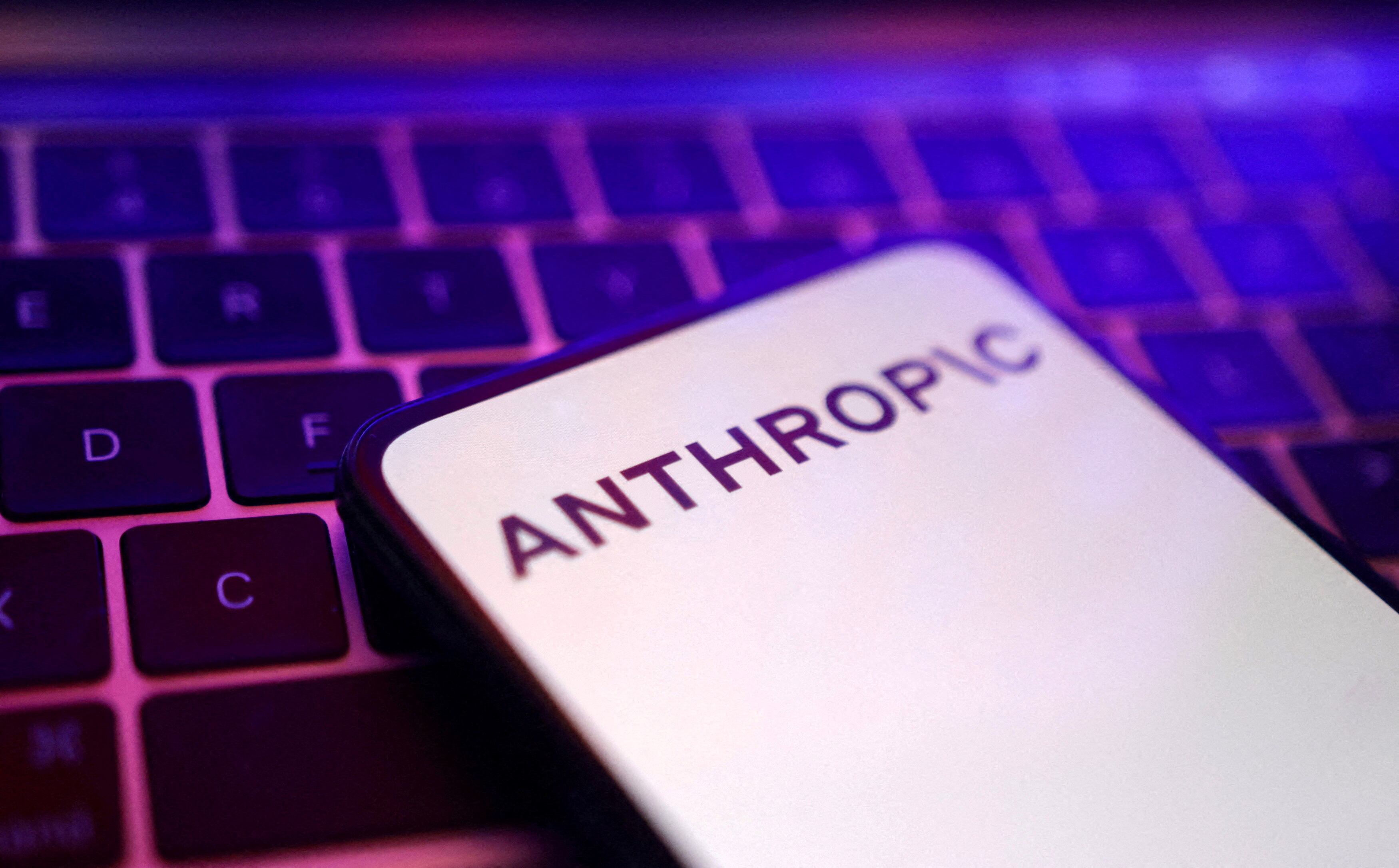Claude Downtime: Developers Revert to Basic Coding

The Impact of AI Downtime on Developers and Businesses
When Anthropic’s AI chatbot “Claude” experienced a temporary malfunction, it created a significant disruption for developers who have increasingly relied on AI tools for their daily tasks. This incident highlighted the growing dependence on artificial intelligence in the tech industry, with some developers expressing frustration that it felt like they were "returning to the primitive era."
According to reports from foreign media, the outage occurred around 12:20 p.m. local time on the 10th. At that time, both the Claude AI, its API (Application Programming Interface), and the developer console stopped functioning. This disruption took place during peak usage hours, causing thousands of developers and corporate users to be unable to access the service. Anthropic quickly acknowledged the issue just eight minutes after the outage began, stating that the API was interrupted for only a short period and that the service was restored swiftly.
Despite the quick resolution, the impact on developers was immediate. Many expressed their frustration online, with one developer commenting on an online community that he would now have to "start using my brain again and write code 100% by hand like a caveman." This sentiment reflects the extent to which AI has become integrated into the coding process, making it a critical tool for many professionals.
The incident underscores the increasing reliance on AI across various industries. Developers are not the only ones affected—major corporations have also started incorporating AI into their operations. As more employees depend on AI for tasks ranging from data analysis to customer support, even a brief service interruption can lead to significant disruptions in workflow and productivity.
This event also raises concerns about the reliability and safety of AI infrastructure. Anthropic has faced similar issues in recent months, indicating that service outages are not isolated incidents. Other major AI companies, such as OpenAI, have also encountered large-scale service interruptions, further highlighting the need for robust and resilient AI systems.
The Broader Implications of AI Reliance
As AI becomes more embedded in everyday work processes, the potential consequences of downtime grow more severe. For instance, in software development, where AI is used to generate code, debug programs, and optimize performance, an outage could delay project timelines and increase the workload for human developers. In other sectors, such as finance or healthcare, AI-driven systems are used for critical decision-making, and any failure could have far-reaching implications.
Moreover, the reliance on AI is not limited to individual tasks but extends to entire business models. Companies that depend on AI for automation, customer interactions, or data processing may face operational challenges if these systems go offline. This dependency calls for a reevaluation of how businesses approach technology integration and disaster recovery planning.
Challenges in Ensuring AI Stability
The frequency of AI-related outages has prompted discussions about the need for better infrastructure and fail-safes. Developers and companies must invest in redundancy measures, regular system audits, and alternative solutions to mitigate the risks associated with AI downtime. Additionally, there is a growing demand for transparency from AI providers, as users seek assurances that their systems are secure and reliable.
In response to these concerns, some organizations are exploring hybrid approaches that combine AI capabilities with human oversight. By maintaining a balance between automation and manual intervention, businesses can reduce their vulnerability to technical failures while still benefiting from the efficiency and insights provided by AI.
Looking Ahead
As the use of AI continues to expand, the importance of stable and dependable systems cannot be overstated. The incident involving Anthropic’s Claude serves as a reminder that while AI offers tremendous benefits, it also comes with challenges that require careful management. For developers, businesses, and users alike, the key will be to adapt to this evolving landscape while ensuring that the reliance on AI does not come at the cost of operational resilience.

Comments
Post a Comment